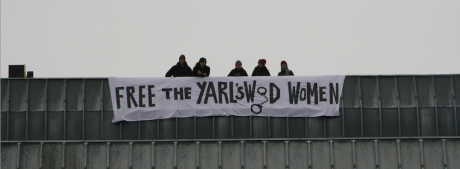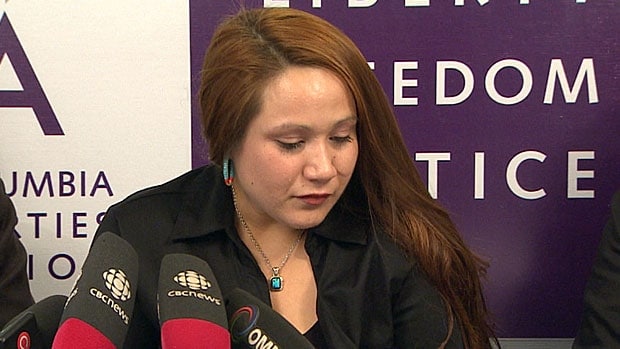The governor of Texas recently declared a state of legislative emergency. The emergency is sanctuary. Cities in Texas are declaring themselves `sanctuary cities’ or are acting as such, and that somehow threatens Texas.
The Texas House of Representatives leapt to action and dutifully passed a bill, HB 12, that would effectively outlaw sanctuary zones. The moment the bill passed, House Representative Ana Hernandez Luna requested to speak to the body, as a matter of personal privilege.
Representative Luna explained that she, her sister, and her parents had come to Texas from Mexico. The family overstayed their visa and lived in the shadows until the 1986 amnesty was signed, by Ronald Reagan. In the intervening twenty-five years, Ana Hernandez Luna attended and successfully completed grade school, college, law school, and was elected to the House of Representatives at the age of 27.
Representative Luna began her remarks by articulating the new version of W.E.B. DuBois’ color-line: “I’m not an alien. I’m not a problem that must be handled. I’m a human.”
She then described the new, and not so new, world order: the politics of fear: “I remember the constant fear my family lived with each day.”
And then Ana Hernandez Luna found it difficult, impossible, to simply speak the words. Tears began to flow, as she struggled to speak: “The fear my parents experienced each day as their two little girls went to school – not knowing the there would an immigration raid that day – and they wouldn’t be able to pick up their daughters from school – and not knowing who would take care of them if that were to occur . . . . The daily task of going to the grocery store to buy groceries might seem a simple task to you, but to us it was a death sentence, that one of my parents may be deported. . . . I know the fear.”
The Texas Senate managed to gut the bill, but the fear persists. Twenty-five years after receiving amnesty, after twenty-five years of steady work and accomplishment, Ana Hernandez Luna still lives, immediately and viscerally, with the knowledge of the fear and with the fear itself.
The politics, and the politicians, of fear dream of a world without sanctuary. Some say that when it comes to prison reform, to addressing mass incarceration, money trumps civil rights. When it comes to children, whose access to `civil rights’ is already tenuous, fear trumps sanctuary. It’s a war zone.
Seven years ago, Else Temesgen and her daughter Betty, who was seven at the time, fled to the United Kingdom. Else was fleeing, first, an abusive husband and, second, a situation of certain separation. Else is Eritrean-born, and her daughter is Ethiopian-born, and so, if the two had returned to Ethiopia, the mother would have been deported. They arrived in England and immediately applied for asylum.
The two were detained in a variety of centers before, finally, receiving asylum. Else describes Yarl’s Wood as “very horrible.” Asylum only came because of the intervention of a prominent local politician. Otherwise, they would still be in the shadowlands of immigrant detention … or worse. They know the fear.
The politics of fear sows only tears. Twenty-five years after coming out of the shadows, Ana Hernandez Luna lives with the knowledge of fear, a shared knowledge, a knowledge whose borders are expanding, and weeps. Twenty-five years from now, how will Betty tell the story of her sojourn in Yarl’s Wood?
What exactly is the nation-State that would be threatened by sanctuary? Sanctuary is not an emergency. If anything, sanctuary is holy. Sanctuary is a time and space in which the human can be recognized and sustained. “I’m a human.”
Sanctuary haunts the State of fear.
(Video Credit: YouTube / Texas Impact)







